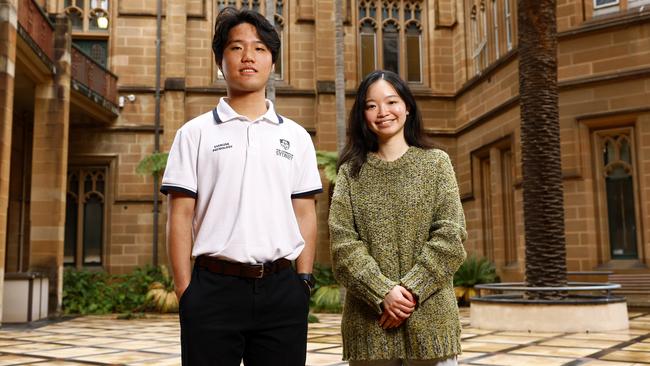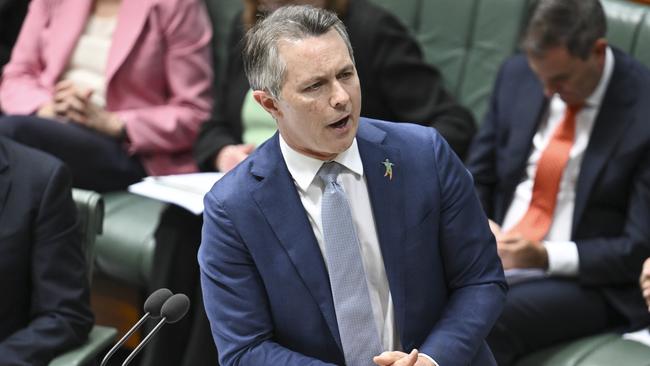More pain for universities amid uncertainty of failed caps legislation
See the worst and best placed universities to manage the uncertainty.

Uncertainty caused by the government’s “inability to pass legislation on international student caps” has weakened the operating environment for Australian public universities, with no institution immune from future cost saving measures, including redundancies, rating agency Moody’s says.
The Coalition torpedoed Labor’s plan to legislate a cap on international students in the final sitting fortnight of the year, before introducing a new two-tier system for processing international student visa applications called Ministerial Direction 111.
A new Moody’s report says government policies attempting to reduce the flow of international students would likely “reduce revenue, contribute to job losses and may harm the international reputation of Australian higher education over the longer term”.
The botched student caps legislation also “effectively constrained the sectors’ capacity to adequately budget for student revenue over the next three years”, with universities looking to preserve as much cash as they can. “The highest expense for each university will be salaries and wages, whether through casual teaching or some more permanent staff reductions,” lead analyst John Manning said.
While Go8 and mid-tier universities would be impacted by international student restrictions, universities best placed to manage uncertainty would be those with sufficient cash buffers and debt coverage, including the University of Sydney, Edith Cowan University and Monash University.
Those with lower international exposure and weaker debt coverage included Australian Catholic University and Macquarie University.

The impact on credit quality for Australia’s fourth-largest export “will depend on how effective universities are in further refining their cost structures over the next 12-18 months”. the report states.
There is extra uncertainty in that Ministerial Direction 111, which is how student numbers will largely be managed, could be revoked by a new government, with universities “likely to continue to face unpredictability around operating models and long-term financial planning”.
This diminished operating environment has been exacerbated by a lack of clear direction on Universities Accord reforms, analysts said.
The uncertainty caused by the failed legislation could also impact research rankings.
“The failure to legislate international student caps ahead of the 2025 education year (and, more broadly, a lack of clarity on migration policy) and limited research funding reform amplifies the revenue risk of public universities, which, if prolonged, could negatively impact universities’ research rankings and complicate their long-term funding and investment initiatives,” the report states.




To join the conversation, please log in. Don't have an account? Register
Join the conversation, you are commenting as Logout